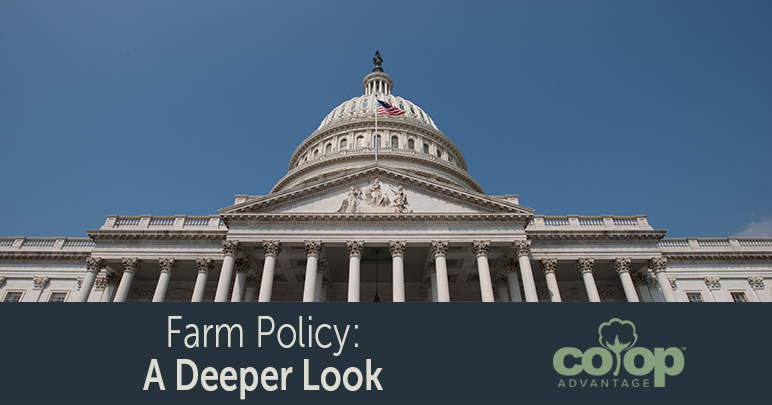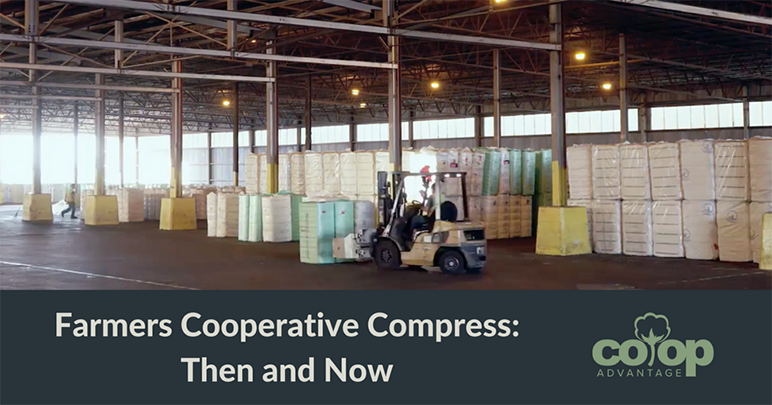
When it comes to farm policy, it’s crucial to have elected officials fighting for the cotton industry’s much-needed safety net for all those along the supply chain.
Good news. The right legislative leaders are in place, as proven at this summer’s listening session in San Angelo, “The Next Farm Bill, Conversations in the Field.”
House Ag Committee Chairman Mike Conaway, Congressman Jodey Arrington and several of their congressional colleagues from out-of-state, along with State Senator Charles Perry and other state legislators, showed up to the hearing to lend an ear and offer their support. Many representatives of local and regional co-ops also were there in a show of support.
In all, eight elected officials were in attendance as well as more than 500 attendees from multiple industries, including cotton, sorghum, peanut, lenders, bankers and insurance brokers just to name a few. All were in attendance not only to listen, but also to speak on behalf of supporting the need of putting cotton back into the farm bill as a covered commodity.
In a recent op/ed, Conaway spoke directly to those in the cotton industry with the following comments:
While countries like China and India are pouring billions of dollars into subsidies for fiber production each year, America’s cotton producers have been struggling to scrape by without a safety net to help them manage through these tough times. I’m committed to finding a solution to address the situation for those cotton farmers in need.
Arrington echoed Conaway’s comments at the session by explaining that the last farm bill was created when cotton prices were at an all-time high; and now are at an all-time low. With that in mind, Arrington emphasized the need for a safety net that not only works – but one that is put in place before the 2018 Farm Bill.
Arrington’s comments alluded to the 109 signatures – urged in conjunction with Conaway – from the House and Senate on a letter sent to President Trump encouraging him to re-launch the Cotton Ginning Cost Sharing Program on a more than long-term basis.
The cost sharing program would provide policy stability in the absence of a comprehensive policy for cotton farmers in the existing farm bill to effectively respond to sustained and deep economic losses due to price and revenue declines.
Bottom line: The cost share program was operated by the previous Administration for the 2015 crop year and is an effective and efficient means of providing economic relief to America’s cotton farming families.
Every farmer and family knows the difficulty of tilling the land in this day and age. Statistics stand true: Net farm income has dropped by 50 percent over the past four years. The agricultural economy has experienced the largest four-year percentage drop since the Great Depression.
Yet, there is hope. There is moral support. Unlike years’ past, legislators are seeing the green line like never before – and they’re fighting. It was heard and seen at the listening session this summer.
While it’s often said words are cheap, and it’s only action that matters, the actions of a non-partisan showing – by legislators and industry leaders alike – at this summer’s session was tremendous.
By putting cotton back under the Title 1 Program, making sure America can play equally with other countries, and the importance of the crop insurance program – farmers and their families may once again become vibrant. With that vibrancy comes the economic impact our region so desperately depends upon.
It’s the green line that defines America. The only other line is the red line that defends our nation. Both are necessary to the vibrancy and freedom we all enjoy.
Policy is important to our grower-owners; and this topic is an ongoing discussion we plan to continue in the coming months.
This summer’s listening session was impressionable to elected officials due to the many stories shared by those along the supply chain – many pleading with the group that there is still a generation of Americans who want to farm; but with farming being incredibly risky – there must be a level playing field.
Part of The Co-op Advantage® is knowing your story and being your voice. Please share your stories with us. And, stay tuned. We’ll give you tips in the near future on how best to share your story – both online and in person.
We want to keep you informed. Listening is the best part of knowing what tools you need – so let us know your thoughts.
That’s The Co-op Advantage®.





